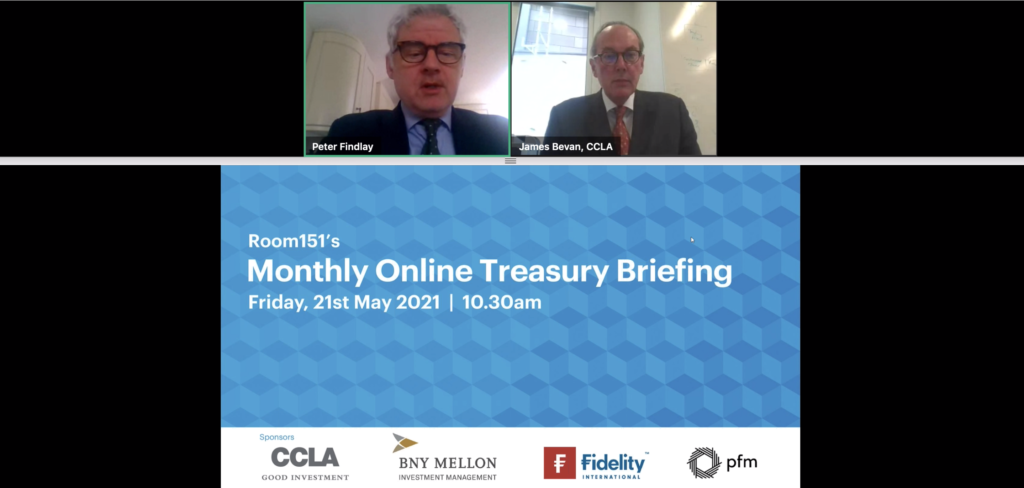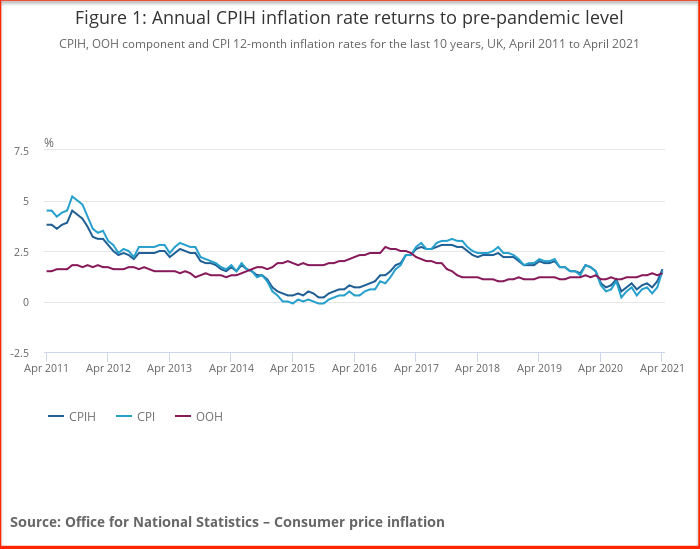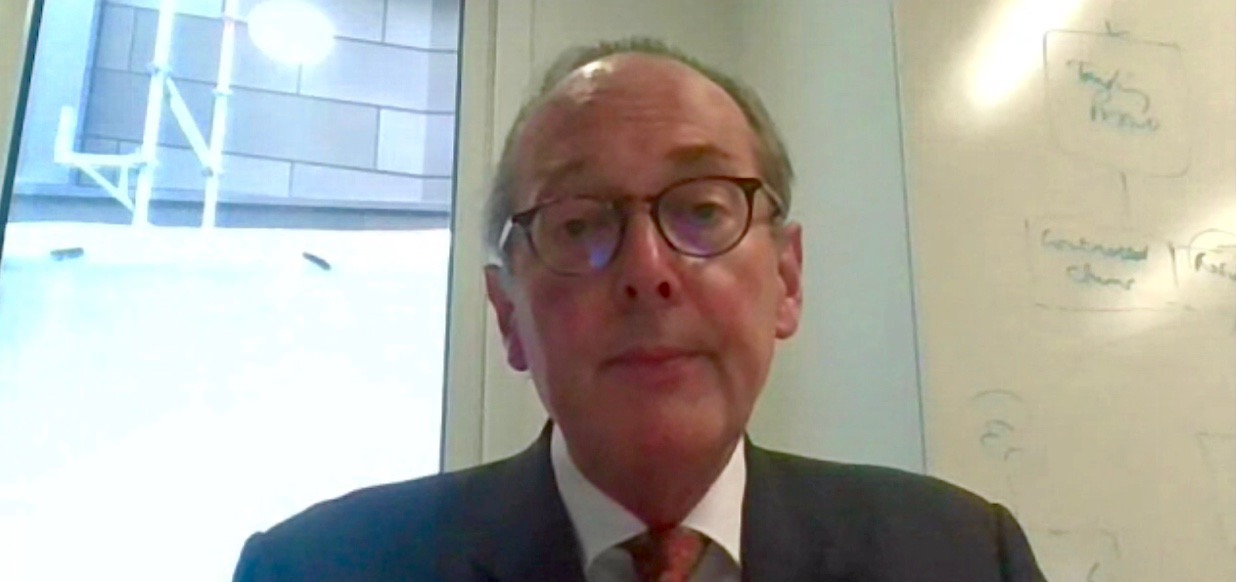
Inflation means low yields for treasury assets with further headwinds in need of a government plan.
Treasurers can expect yields on their assets to remain low despite inflation. That forecast came this week from CCLA chief investment officer James Bevan while considering the state of the economy.
16 September 2021
London Stock Exchange or ONLINE
13th Local Authority Treasurers’ Investment Forum
Room151’s flagship annual conference. Free attendance for local government treasurers and section 151 officers.
Lead sponsor CCLA
Public sector treasurers can register here
His views come against a backdrop of rising inflation that would have prompted speculation among treasurers across the country about economic prospects and the return on assets. The Office for National Statistics revealed this week that the consumers prices index had almost doubled in a month from 0.7% in March to 1.5% in April.
The ONS said upwards pressure on inflation was caused by the cost of housing, fuel and household goods.
Inflation dropped significantly during the course of last year as the Covid-19 pandemic shut down the economy. However, it appears to be on the march. There was immediate concern for investments with media outlets speculating about the impact on pensions while others wondered about the implications for Britain’s recovery.
Local government treasurers will be keeping a close watch on what inflation will do now and the impact it will have on assets. Bevan, speaking at Room151’s Monthly Online Treasury Briefing (MOTB), did not have immediate good news. Indeed, he highlighted an expectation that inflation will rise further, the CPI reaching 2% and the RPI 3% in the next few months.
Bank
That prospect tarnishes the possibility of better yields. But without a change in Bank of England policy it is unlikely to change.
“At the moment the probability that yields stay low is very high,” Bevan said, “because we have the Bank of England committed to modern monetary theory where they will, in effect, bankroll the issue of low-cost government debt.”
Bevan does not expect a “market” sell-off of gilts. Nor is there any expectation of a change in the Bank’s official rate until 2023. Indeed, the Bank’s next priority will be reining back quantitative easing.

However, inflation pressure could diminish somewhat by next year because the UK economy is facing significant headwinds, which implies, Bevan said, that not all economic troubles stem from the pandemic. Some of the fundamentals—such as deteriorating demographics, the challenge from globalisation and high levels of investment indebtedness—were already problematic.
In fact, Bevan said, there was a downturn in capital expenditure at the time of the Brexit vote “from which there has been no recovery”.
He added: “We do therefore need government to come forward with a genuine strategy of how we will move the UK economy forward in the post-Brexit environment.”
That doesn’t mean local government can do nothing. There is an “opportunity” for councils to work with business on developing an “environment where we can build industry to wealth, jobs, social infrastructure…and housing,” says Bevan.
All these things will be worries for treasury departments. So, how do treasurers confront the challenge of seeking yield and capital preservation?
“They need to have a prudent diversified portfolio so that in aggregate they exceed the requirements of safety, liquidity and yield,” said Bevan. “But within that framework, they can allocate some assets to higher yielding opportunities with long-term growth built in.”
Inflation is back, interest rates and Bank policy will be under closer scrutiny. Treasurers would do well to keep reviewing their asset allocations and adjust accordingly.
To watch the full Monthly Online Treasury Briefing click here.
AWARDS INFORMATION
Read about the awards here.
Read about the seven categories here.
See the nominations here.
To read case studies of finance team impact, click here.
————————————-
FREE monthly newsletters
Subscribe to Room151 Newsletters
Room151 Linkedin Community
Join here
Monthly Online Treasury Briefing
Sign up here with a .gov.uk email address
Room151 Webinars
Visit the Room151 channel














